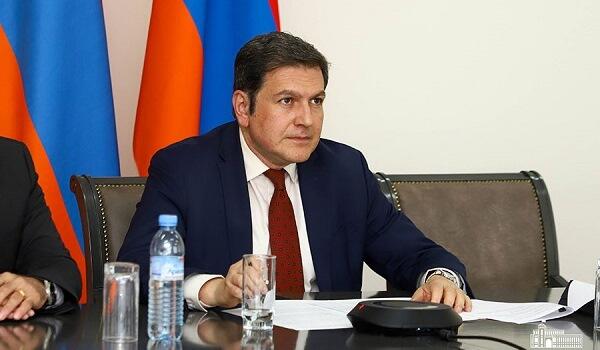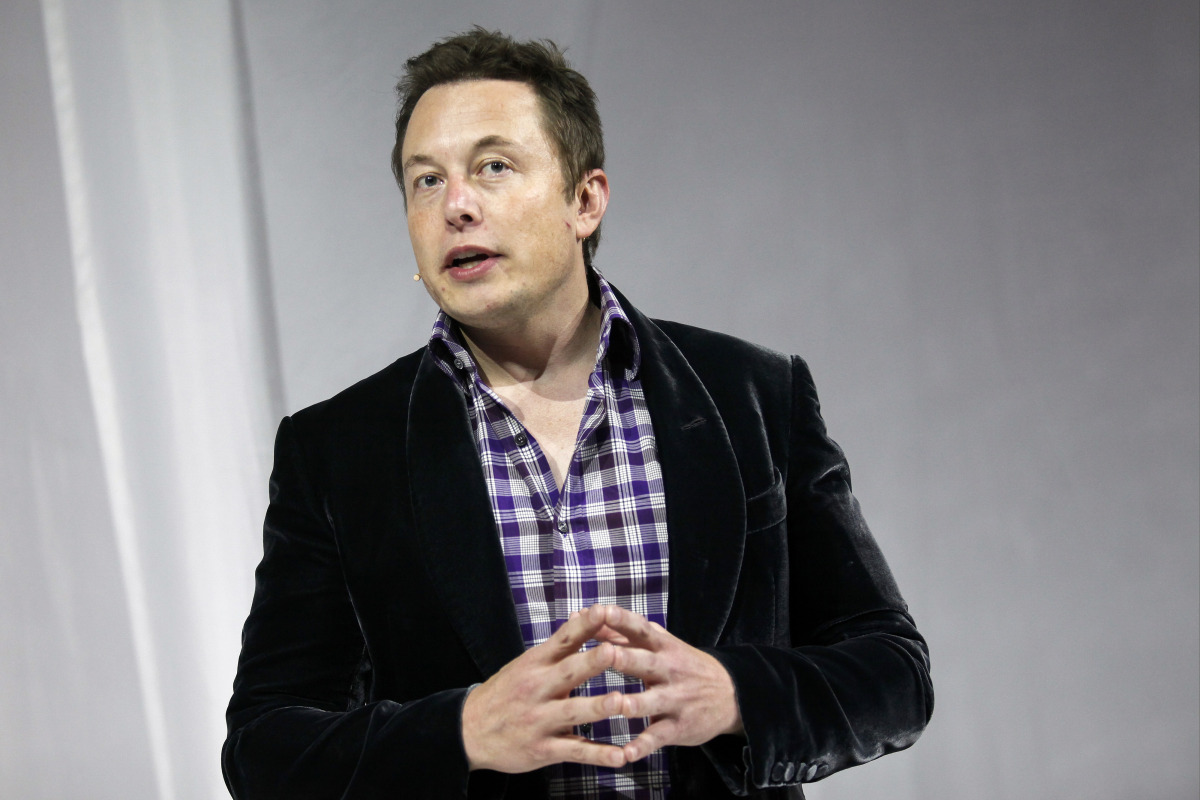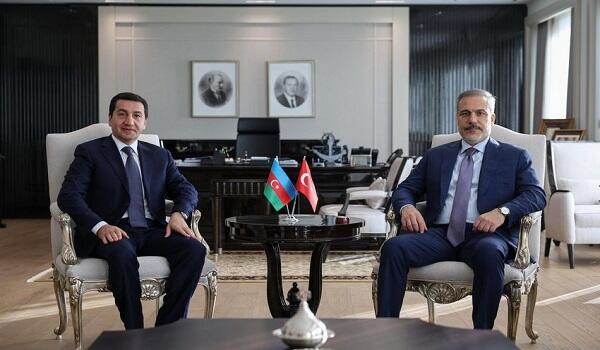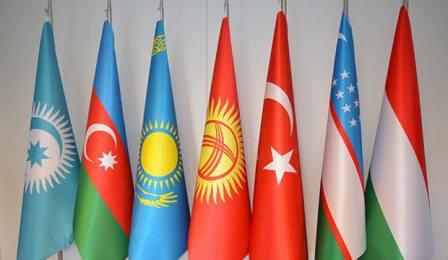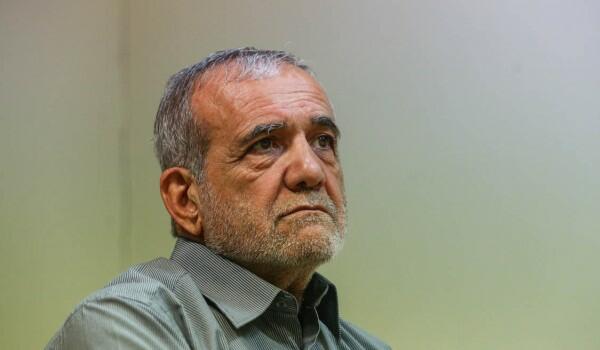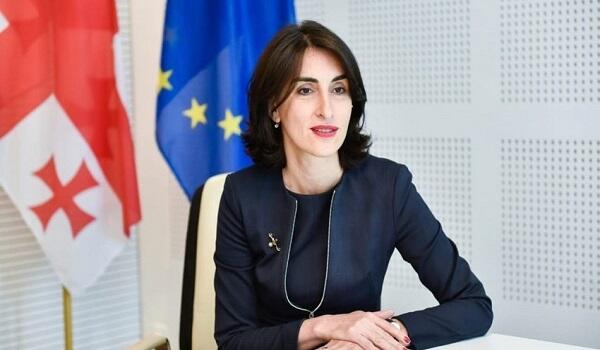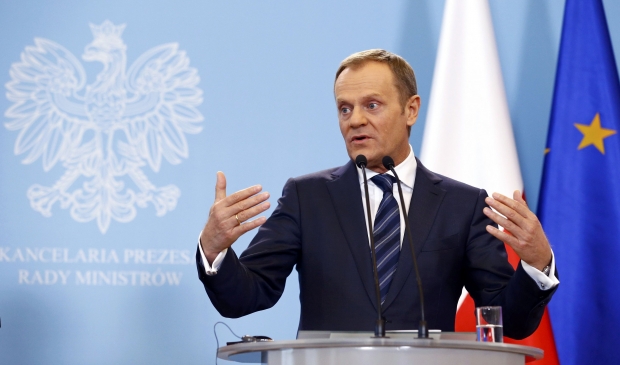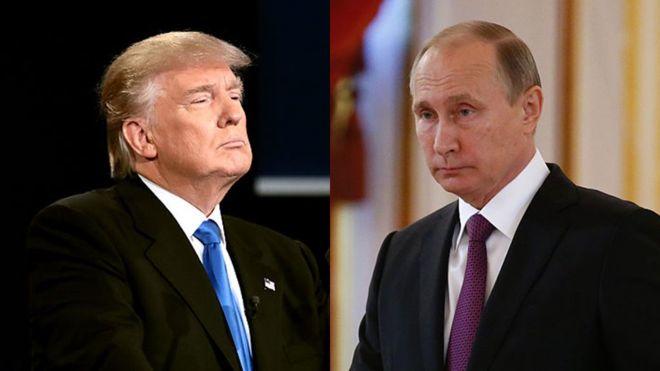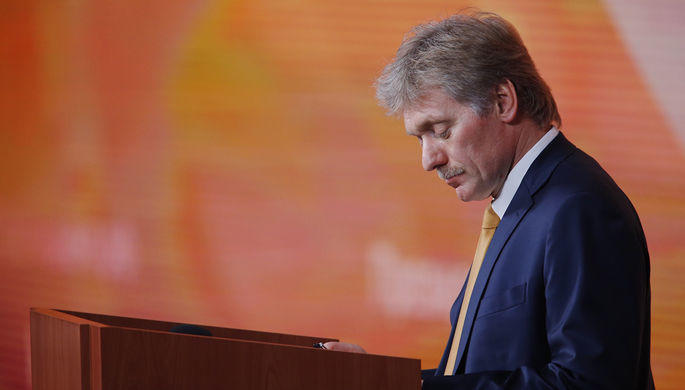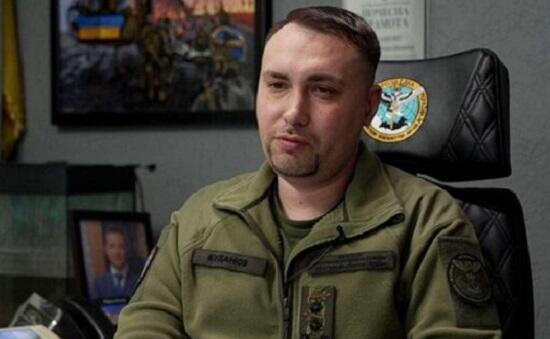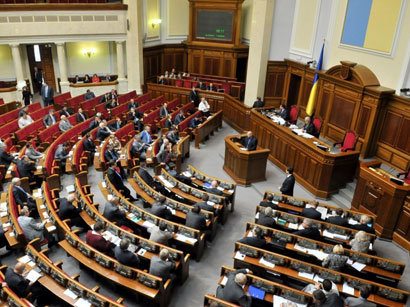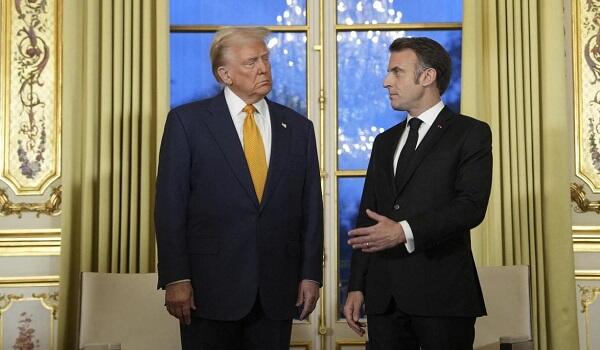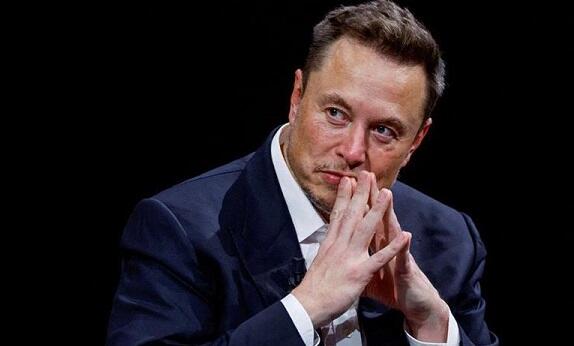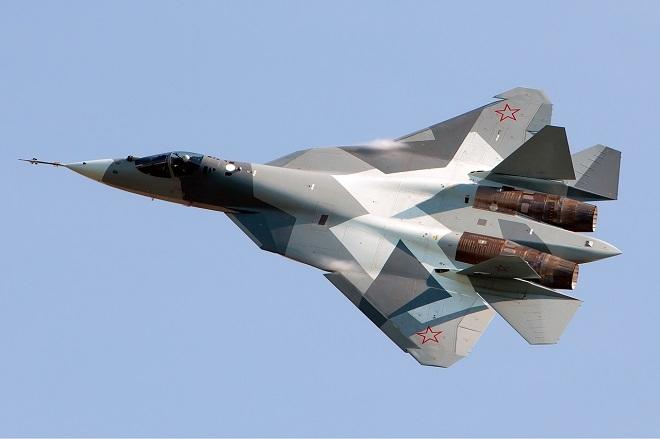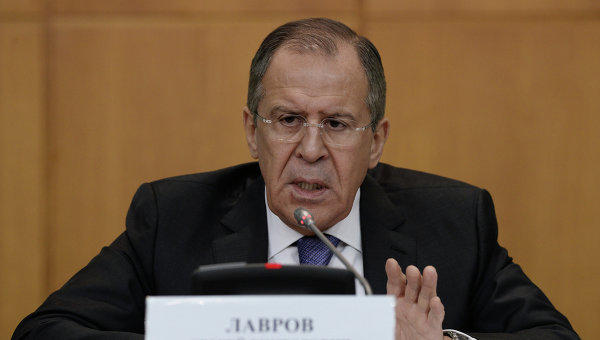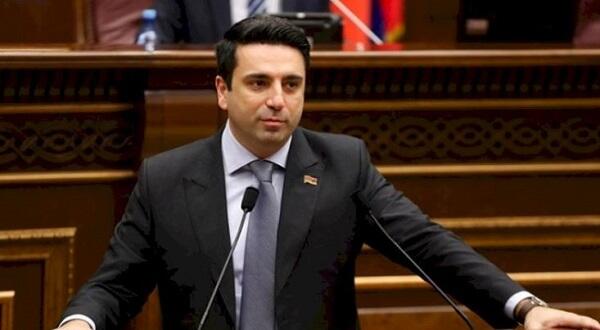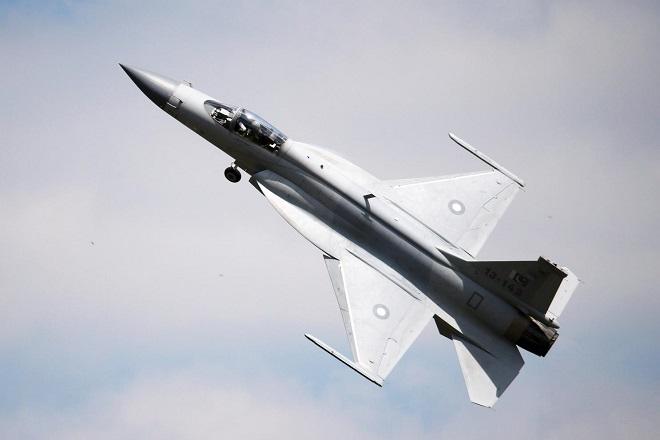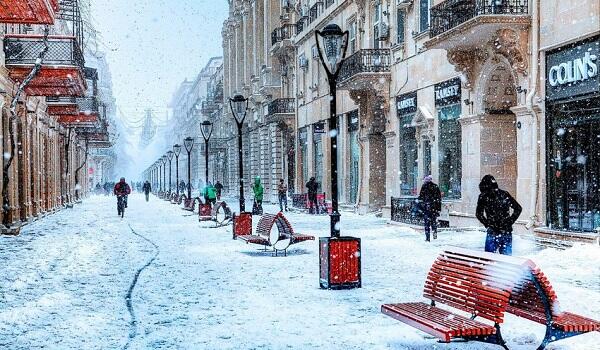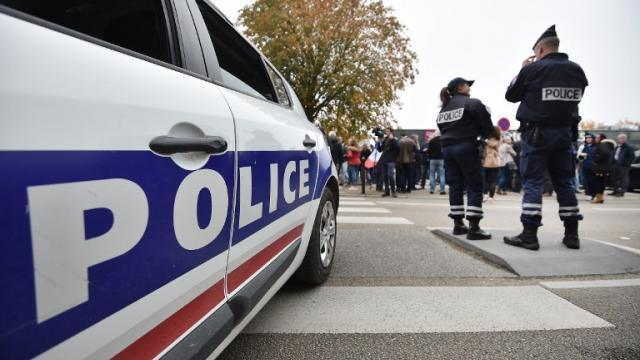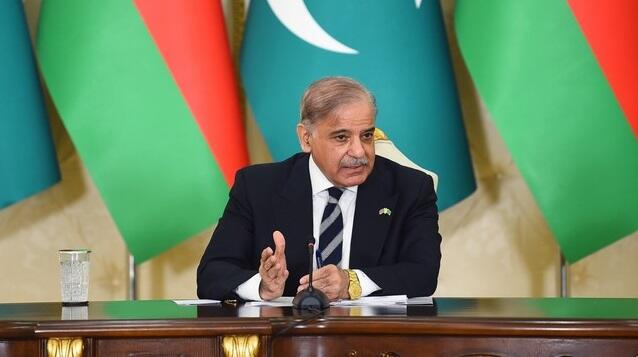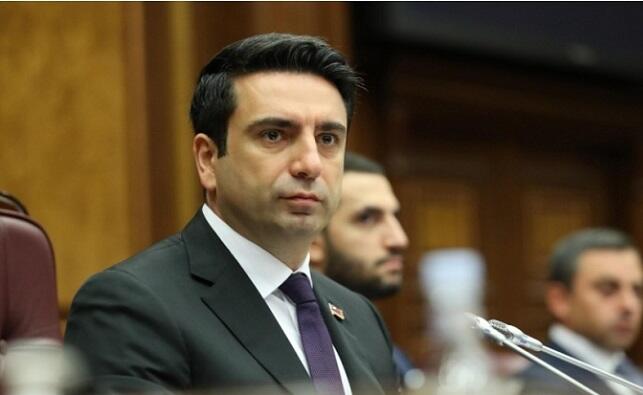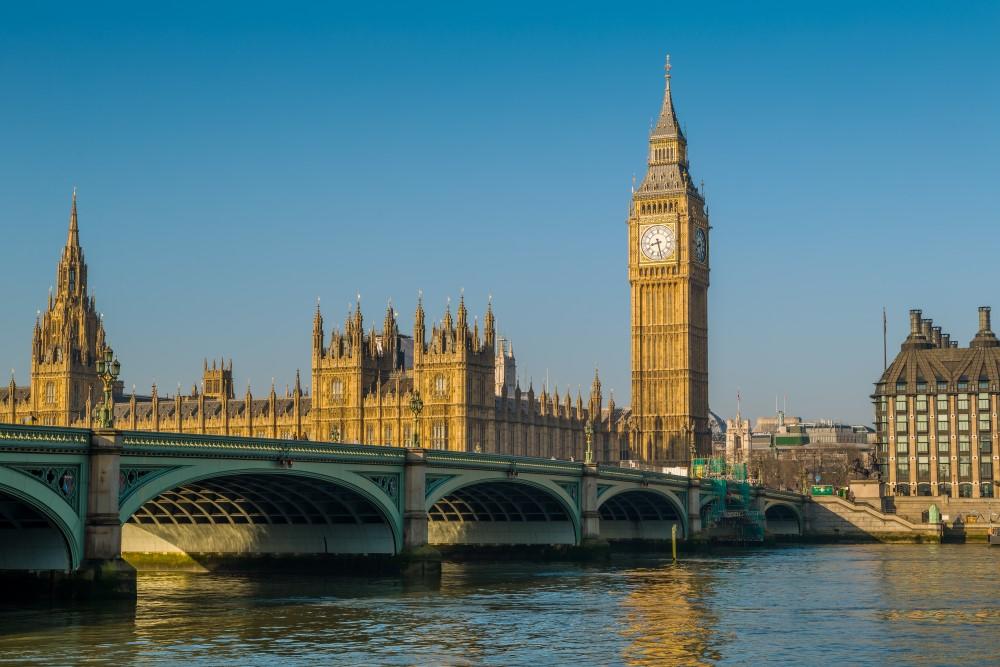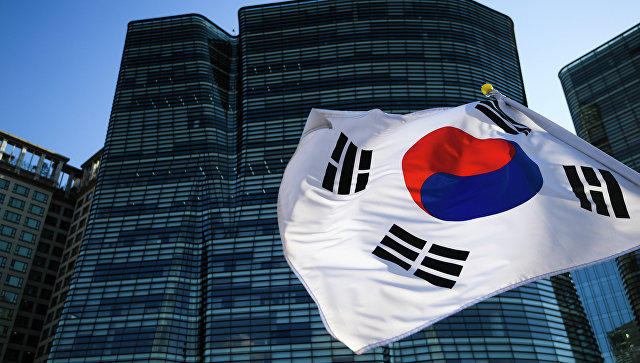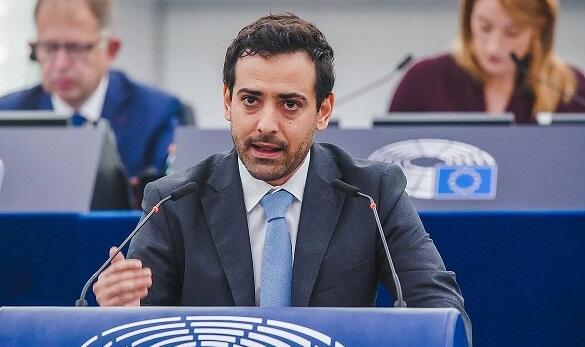U.S. President Donald Trump is acting like he holds all the cards in talks to end the war in Ukraine.But Brussels has a €200 billion secret weapon up its sleeve.
Axar.az reports that citing Politico, after being left out of discussions with the U.S. and Russia Feb. 18 on ending the war in Ukraine, European governments could go for the nuclear option — seizing the Russian sovereign assets that were immobilized after Moscow launched its full-scale invasion of Ukraine three years ago.
Luckily for the bloc, the lion’s share of those funds — around €200 billion — is being held in Brussels-based financial institution Euroclear and is earning interest. The U.S., on the other hand, holds a mere $5 billion.
Seizure of those assets is a drastic option that would almost certainly guarantee Europe a bigger seat at the table, after it was frozen out by the U.S. and the Kremlin in their recent talks in Riyadh, Saudi Arabia.
But as finance ministers and central bank governors gather in South Africa this week for the G20, EU governments remain divided on whether unfreezing those funds would prove to Trump that Brussels still has some muscle — or whether it would backfire.
Amid the looming threat of U.S. disengagement from Ukraine, Russia hawks argue that unfreezing the cash and handing it to Kyiv would allow the war-torn country to gain the upper hand on the battlefield and resist Trump’s demands to end the war.
Baltic and Nordic countries, Russia’s neighbors, think the money should be handed to Ukraine immediately. That position is endorsed by Poland, Czechia and the EU’s top diplomat, former Estonian PM, Kaja Kallas.
But the opposing camp in Europe contains the big guns — France, Germany, Italy, Spain and European Commission President Ursula von der Leyen — who fear that in confiscating the funds the EU would spook international investors and relinquish its greatest advantage in the peace talks.
“If you were to unfreeze [the assets] and give [them] to Ukraine, you don't have it anymore and you can't use it as a bargaining chip,” said an EU diplomat from the latter camp who, like others quoted in this article, was granted anonymity to discuss sensitive talks.
The “No” camp argues that unfreezing the funds now would undermine the EU’s leverage in peace talks with Russia.
European countries recognize that the billions of euros in frozen Russian assets give them additional influence over the Kremlin.
“If they [Russia] definitely want to get the money back, then they have to give something in return for it,” the EU diplomat quoted above said.
